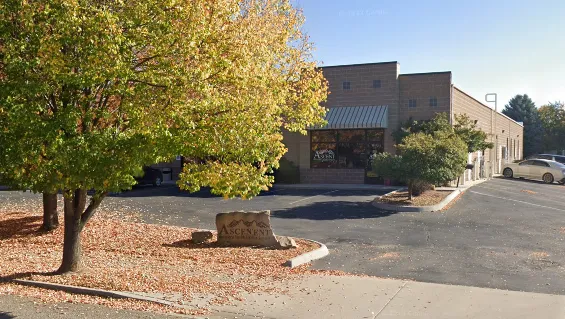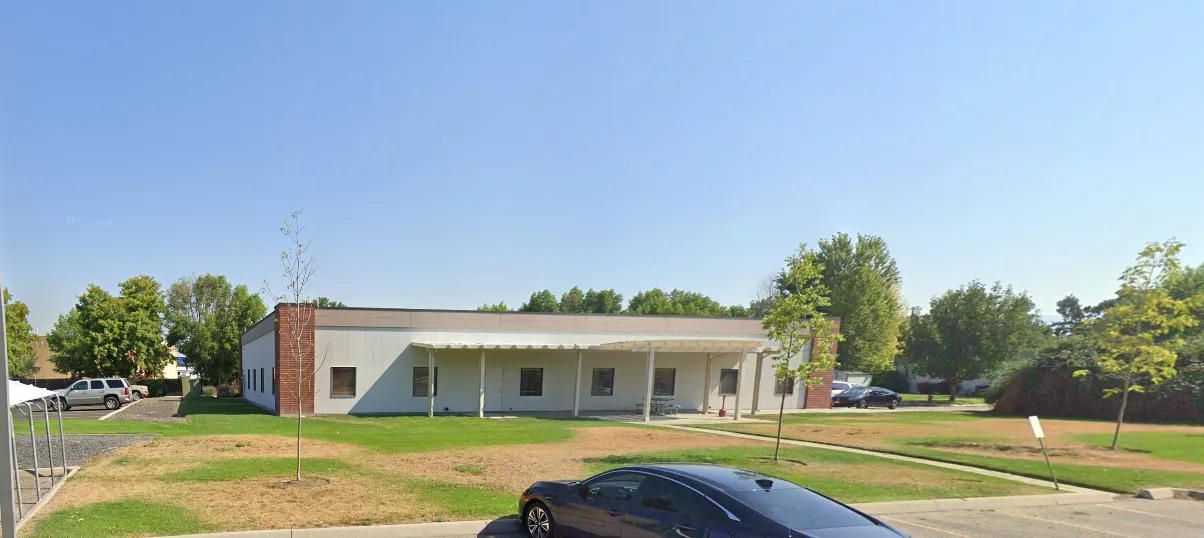Ascent Behavioral Health Services has locations in Meridian, Idaho. They offer a wide range of mental health and substance use disorder treatments for people aged 18 and up. The facility has many programs to help people get better and focus on recovery. These include outpatient treatment, intense outpatient treatment, tele-health counseling, drug and alcohol evaluations, and co-occurring treatment. Ascent's method is based on integrating care that meets the specific needs of every client, along with a dedication to trauma-informed practices and case management services.
Cognitive Behavioral Therapy (CBT), activity therapy, anger management, and assertive community treatment are just some of the treatment methods used at the center to make sure that patients get the best care possible. Ascent Behavioral Health stresses how important it is for family members and significant others to be involved in treatment. This is because addiction has a huge effect on both the user and their loved ones. Ascent has been helping people in the community for 20 years and takes Idaho State Funding and most insurance plans, including Medicaid. This makes it easy for people who need help on their way to recovery to get it.
Ascent Behavioral Health Information
Treatment
Who We Treat
- Male and Female
Treatment Focus
- Medication-Assisted Treatment
Approaches
- 12-Step-Based
- Individual Treatment
- Medical
- Family Involvement
- Twelve Step
- Family Therapy
- Group Therapy
- Cognitive Behavioral Therapy (CBT)
- 1-on-1 Counseling
- Relapse Prevention Counseling
Conditions We Treat
- Depression
- Anxiety
- Bipolar Disorder
- Trauma
- Bipolar
- Co-Occurring Disorders
Substances We Treat
- Alcohol
Languages
- English
Aftercare
- Intensive Outpatient Program
- Drug Screening
Level of Care
- Outpatient
- Intensive Outpatient Program (IOP)
- Virtual & In-Home Care
- Co-Occurring Mental Health
Experience
Smoking and Vaping Policy
- Smoking Allowed in Designated Areas
- Vaping Allowed in Designated Areas
Additional Locations
Ascent Behavioral Health Accepts The Following Insurance Plans
Find the best treatment options. Call our free and confidential helpline today!












